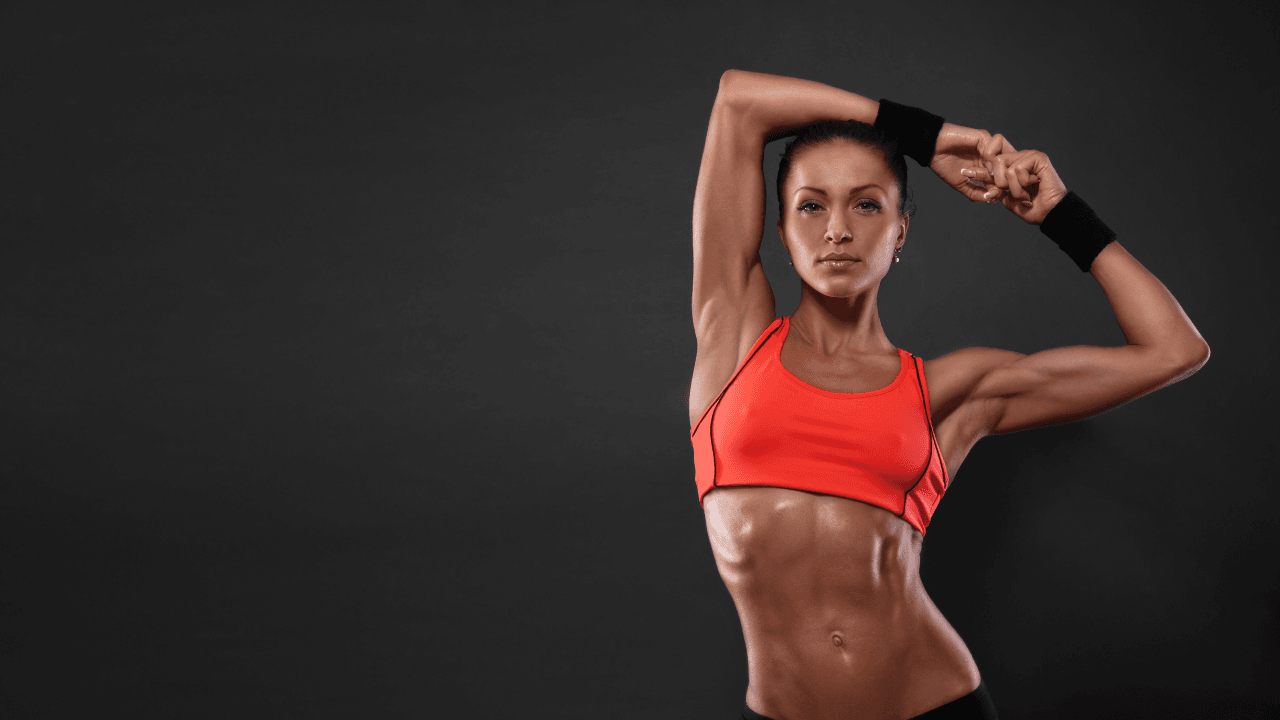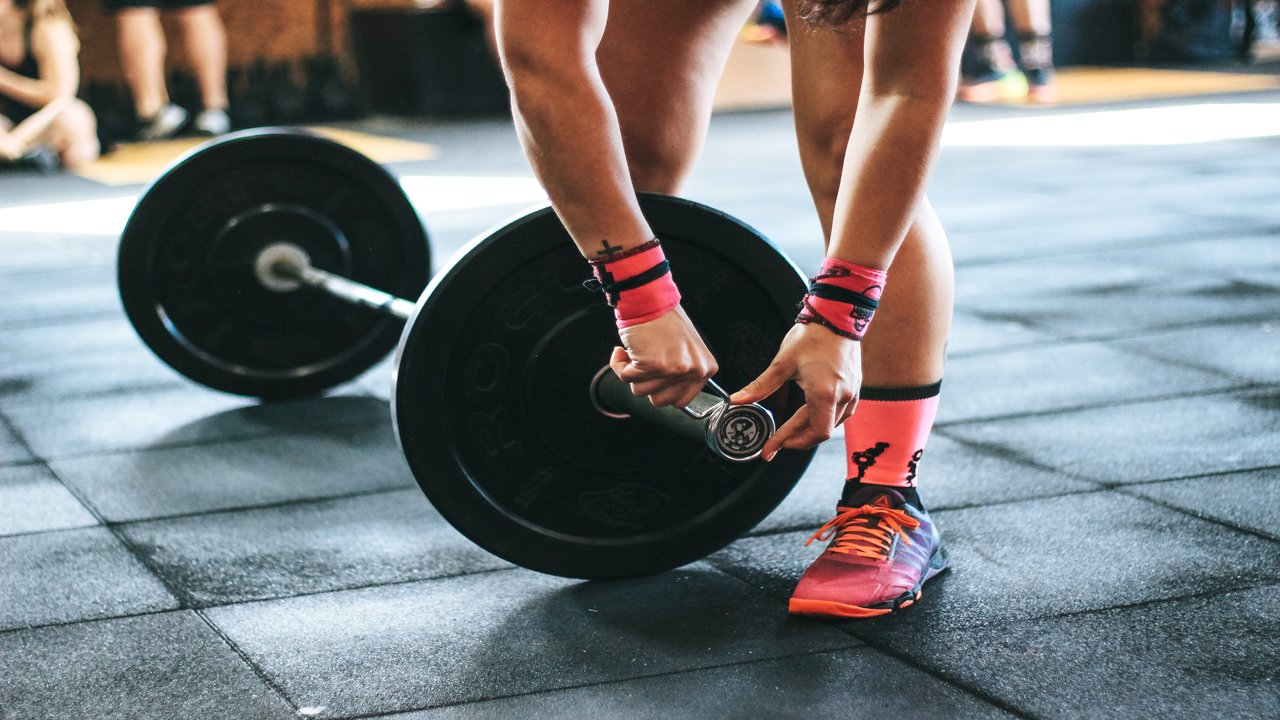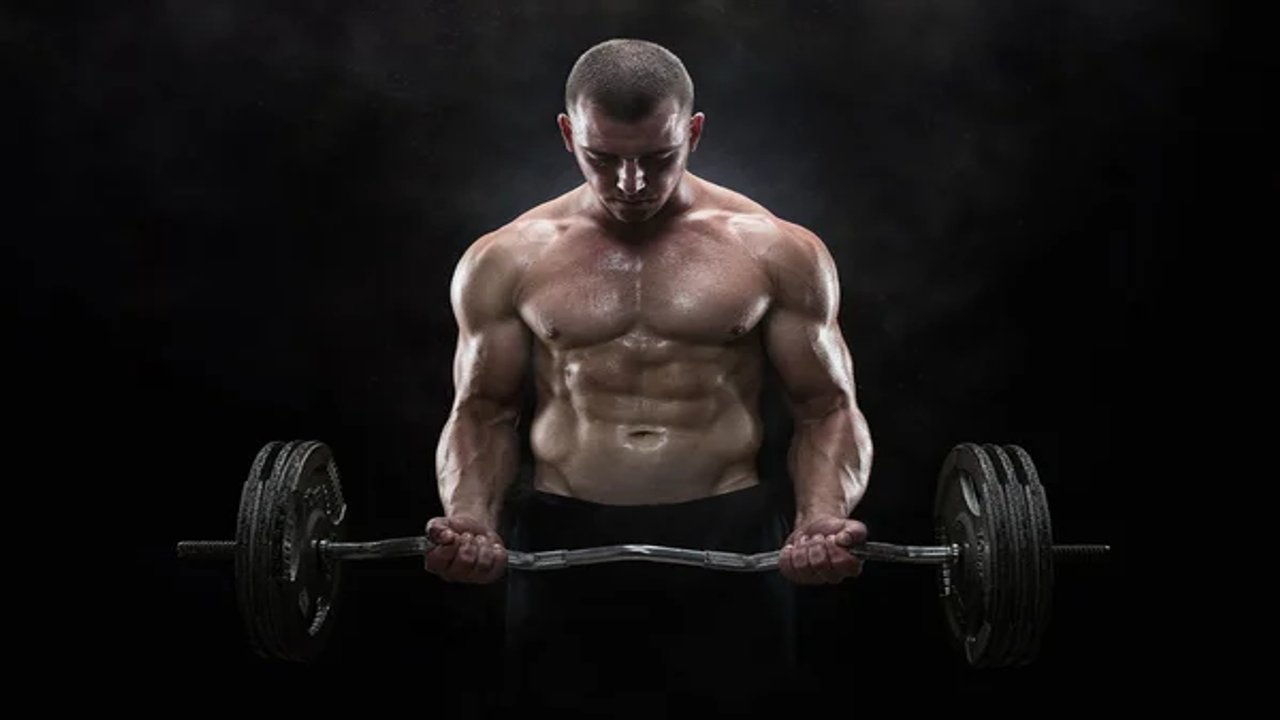
Protein Powerhouse for Vegetarian Athletes
Ever wondered if it's possible to meet your protein needs as a vegetarian athlete? You can! There are plenty of plant-based options that can power up your workouts and aid in muscle recovery.
From lentils and tofu to quinoa and chickpeas, there are numerous protein-packed foods to fuel your active lifestyle. Tempeh, hemp seeds, and chia seeds are also nutrient-dense sources of protein that can give you the energy you need to excel in your athletic pursuits.
Whether you're a dedicated runner, yogi, or weightlifter, incorporating these protein powerhouses into your diet can help you reach your fitness goals and maintain a strong, healthy body.
Key Takeaways
- Lentils and chickpeas are rich sources of protein for vegetarian athletes, supporting muscle repair and growth.
- Tofu and tempeh are versatile plant-based protein sources that are high in all essential amino acids, aiding in muscle recovery and repair.
- Quinoa is a complete protein source that provides fiber, iron, and other essential nutrients, supporting muscle recovery and overall athletic performance.
- Hemp seeds and chia seeds are high-protein superfoods that contain omega-3 fatty acids and various micronutrients, aiding in muscle recovery and growth.
The Benefits of Lentils
When fueling your workouts, lentils provide a rich source of protein and essential nutrients for vegetarian athletes.
Lentils are a valuable addition to sports nutrition due to their high protein content, which supports muscle repair and growth. Additionally, lentils are rich in iron, which is essential for oxygen transport and energy production during exercise.

Their high fiber content aids in digestion and helps maintain steady energy levels. Lentils also offer a good dose of folate, potassium, and antioxidants, contributing to overall health and exercise performance.
Including lentils in your diet can be versatile and delicious, as they can be used in a variety of recipes such as salads, soups, and curries. Whether you're looking to improve your nutrient intake or enhance your athletic performance, lentils are a valuable and versatile option for vegetarian athletes.
Tofu: A Protein-Packed Option
Looking for a protein-packed option as a vegetarian athlete? Tofu is an excellent choice to consider. Tofu, also known as bean curd, is a versatile, plant-based protein source that can be a great addition to your diet. It's rich in all essential amino acids, making it a complete protein.
Tofu isn't only beneficial for muscle building, but it also aids in muscle recovery due to its high protein content. Incorporating tofu into your diet can help repair and rebuild muscle tissues after intense workouts.
Additionally, tofu can be used in various recipes, such as stir-fries, smoothies, and salads. To enhance its flavor, marinating tofu before cooking and using it in different cooking methods can make it a delicious and satisfying protein option for vegetarian athletes.

Quinoa: A Complete Protein Source
For a complete protein source, consider incorporating quinoa into your diet as a vegetarian athlete. Quinoa is a seed that's often prepared and consumed as a grain, making it a valuable addition to a vegetarian athlete's diet. Not only is quinoa a complete protein, containing all nine essential amino acids, but it also provides a good dose of fiber, iron, magnesium, and manganese. Its impressive nutritional profile makes it an excellent choice for supporting muscle recovery and overall athletic performance.
Quinoa can be used in a variety of recipes, such as salads, soups, stir-fries, and even desserts, offering versatility in meal preparation. When cooked, quinoa has a fluffy texture and nutty flavor, making it a delicious and nutritious option for vegetarian athletes.
Chickpeas: A Versatile Protein Option
To further enhance your protein intake as a vegetarian athlete, consider adding chickpeas to your diet.
Chickpeas, also known as garbanzo beans, are a versatile and nutritious legume that can be a valuable addition to your meals. In addition to being a great source of fiber and complex carbohydrates, chickpeas are also packed with protein. With approximately 15 grams of protein per cooked cup, chickpeas are an excellent plant-based protein option for vegetarian athletes.
Incorporating chickpeas into your diet can be delicious and easy, as there are various chickpea recipes available, such as roasted chickpeas, chickpea curry, and chickpea salad. These recipes can help you meet your protein needs while enjoying the benefits of this powerhouse legume.

Tempeh: A Nutrient-Dense Protein
Considering tempeh as a nutrient-dense protein source can elevate your vegetarian athlete diet. Tempeh, a fermented soy product, offers approximately 15 grams of protein per 3-ounce serving, making it an excellent meat substitute.
Not only is tempeh rich in protein, but it also contains a considerable amount of fiber, vitamins, and minerals. Tempeh's nutritional profile includes significant amounts of iron, calcium, and probiotics due to the fermentation process.
As a vegetarian athlete, incorporating tempeh into your diet can aid in muscle repair and growth. Moreover, tempeh is a versatile ingredient that can be used in various tempeh recipes, such as tempeh stir-fries, tempeh tacos, and tempeh burgers.
Hemp Seeds: A Plant-Based Protein Powerhouse
Once you incorporate hemp seeds into your diet, you'll discover a plant-based protein powerhouse that offers numerous benefits for vegetarian athletes.
Hemp seeds are a complete protein source, containing all nine essential amino acids that the body can't produce on its own. They're also rich in omega-3 and omega-6 fatty acids, which are essential for reducing inflammation and supporting overall heart health.

For vegetarian athletes, hemp seeds provide an easily digestible form of protein that can aid in muscle recovery and growth. Incorporating hemp seeds into your diet can be as simple as sprinkling them on top of yogurt or salads, blending them into smoothies, or using them in hemp seed recipes such as protein bars or energy balls.
Additionally, for added convenience, hemp protein supplements are available to boost your protein intake.
Chia Seeds: A High-Protein Superfood
If you've been enjoying the benefits of incorporating hemp seeds into your diet, you'll also appreciate the high-protein superfood status of chia seeds. Chia seeds are a fantastic source of protein for vegetarian athletes. Just one ounce contains 4.7 grams of protein, making them an excellent addition to your diet.
These tiny seeds are also packed with fiber, omega-3 fatty acids, and various micronutrients like calcium, phosphorus, and manganese. Additionally, chia seeds can be easily incorporated into your meals. You can sprinkle them over yogurt, oatmeal, or salads, or use them as an egg substitute in vegan baking recipes. For a quick protein boost, try blending them into smoothies.
With their versatility and nutritional benefits, chia seeds are a must-have for vegetarian athletes looking to power their performance.

Conclusion
You now have a variety of plant-based protein options to fuel your athletic performance.
Did you know that 1 cup of cooked lentils contains 18 grams of protein? Incorporating these protein powerhouses into your diet can help meet your nutritional needs and support your active lifestyle.
With the right combination of plant-based proteins, you can optimize your performance and recovery as a vegetarian athlete.
Keep exploring and experimenting with these nutrient-dense options to fuel your training and competition.
Frequently Asked Questions
How can vegetarian athletes ensure they're getting enough B vitamins?
Vegetarian athletes can ensure they're getting enough B vitamins by consuming whole grains, legumes, nuts, seeds, dark leafy greens, and fortified plant-based milk alternatives. Including a variety of these foods in their diet will provide a good amount of B vitamins.
Can a vegetarian diet support endurance activities?
Yes, a well-planned vegetarian diet can support endurance activities by providing the necessary carbohydrates, protein, and other nutrients needed for optimal performance. Including complex carbohydrates such as whole grains, fruits, and vegetables is key.
What are some high-protein snacks for vegetarian athletes?
Vegetarian athletes can enjoy high-protein snacks such as roasted chickpeas, Greek yogurt with berries, protein bars made with plant-based ingredients, homemade protein smoothies, and nut butter with whole-grain crackers.
Can vegetarian athletes get enough omega-3 fatty acids from plant-based sources?
Yes! Plant-based sources of omega-3 fatty acids include chia seeds, hemp seeds, flaxseeds, walnuts, and algae-based supplements. Including these foods in their diet can help vegetarian athletes meet their omega-3 needs.
Can vegetarian athletes get enough essential amino acids from plant-based sources?
Yes, vegetarian athletes can get all the essential amino acids they need by combining different plant-based protein sources throughout the day. For example, combining rice and beans or hummus and whole-grain pita bread.
Statistics
- Studies have shown that vegetarian athletes can meet their calcium needs through plant-based sources, which can support bone health and reduce the risk of stress fractures.
- According to research, plant-based protein powders can be just as effective as animal-based protein powders in promoting muscle recovery and growth.
- A study found that vegetarian athletes tend to have lower cholesterol levels compared to their non-vegetarian counterparts, which is beneficial for heart health.
- According to research, vegetarian athletes can benefit from the anti-inflammatory properties of plant-based foods, which may help reduce exercise-induced muscle soreness and promote faster recovery.
- Research suggests that vegetarian athletes may have a better gut microbiome diversity due to the high fiber content in plant-based foods, which can improve digestion and overall health.
- A study found that vegetarian athletes have similar muscle strength and power compared to their non-vegetarian counterparts.
- A study found that vegetarian athletes have excellent adherence to a plant-based diet, highlighting the sustainability and long-term feasibility of this dietary approach for athletic performance.
- Studies have shown that vegetarian athletes can meet their protein needs through a well-planned plant-based diet without the need for supplementation.
- Research shows that plant-based protein sources can provide all the essential amino acids needed for muscle growth and repair.
- Research suggests that vegetarian athletes may have a faster recovery time from intense training sessions due to the anti-inflammatory and antioxidant properties of plant-based foods.
External Links
- Forks Over Knives - Forks Over Knives is a popular website and documentary advocating for a plant-based lifestyle and offering resources for vegetarian athletes.
- Vegan Bodybuilding - Vegan Bodybuilding is a resource providing athletes with information on plant-based nutrition, workout plans, and success stories from vegan bodybuilders.
- Vegan Liftz - Vegan Liftz is a website dedicated to vegan bodybuilding, offering meal plans, workout tips, and informative articles for vegetarian athletes.
- Vegetarian Times - Vegetarian Times is a comprehensive resource for vegetarian athletes, offering recipes, articles, and tips for maintaining a plant-based diet while staying active.
- Men's Journal - Discover the best vegetarian protein sources to build muscle, as recommended by fitness experts and registered dietitians.
- British Nutrition Foundation - The British Nutrition Foundation provides information on bone health in vegetarian and vegan women, highlighting the importance of protein intake for overall bone health.
- Bodybuilding.com - Bodybuilding.com offers the ultimate vegan guide for athletes, providing meal plans, nutrition tips, and workout advice for vegetarian athletes.
- U.S. News & World Report - Learn how to meet your nutrient needs as a vegetarian athlete with the help of this informative article.
- JuicePlus - Research in 40+ esteemed scientific journals shows that Juice Plus+ capsules not only positively impact cardiovascular health, immune function, and DNA protection but also aid in reducing inflammation. This is particularly beneficial for vegetarian athletes, as these properties can support post-athletic performance recovery, helping the body to recuperate more effectively after physical exertion.
- Runner's World - Runner's World shares essential nutrition advice for vegetarian and vegan runners, ensuring they get the protein they need to fuel their runs.
How To
How to Supplement Protein Intake with Plant-Based Protein Powders
Supplementing protein intake with plant-based protein powders can be a convenient way to meet your protein needs as a vegetarian athlete. Choose a high-quality plant-based protein powder that fits your preferences and dietary restrictions. Consider options such as pea protein, brown rice protein, or a blend of multiple plant-based protein sources. Mix the protein powder with water or your favorite plant-based milk in a shaker bottle or blender. You can also add protein powder to smoothies, pancakes, or baked goods for an extra protein punch. Keep in mind your individual protein needs and adjust your serving size accordingly. It's always a good idea to consult with a healthcare professional or registered dietitian to determine the appropriate amount of protein powder for your needs.
 HealthWellnessFitnessBeautyVideosPrivacy PolicyTerms And Conditions
HealthWellnessFitnessBeautyVideosPrivacy PolicyTerms And Conditions
